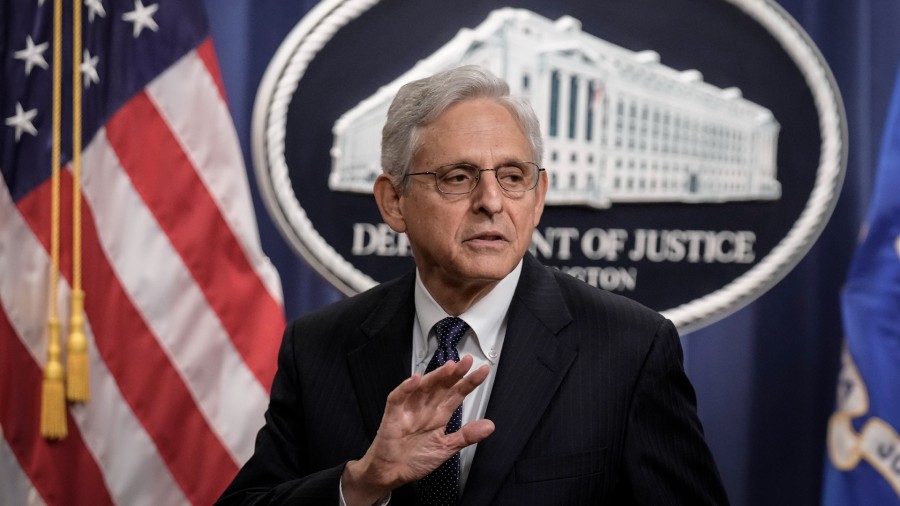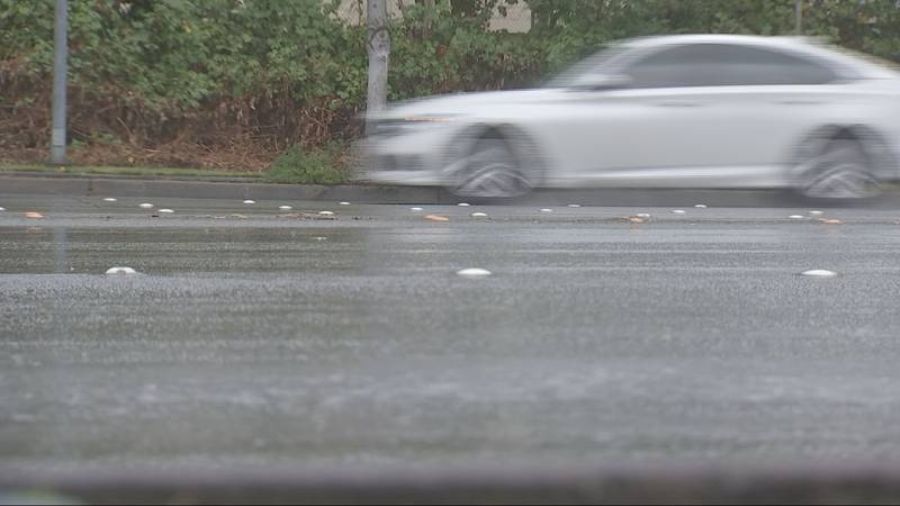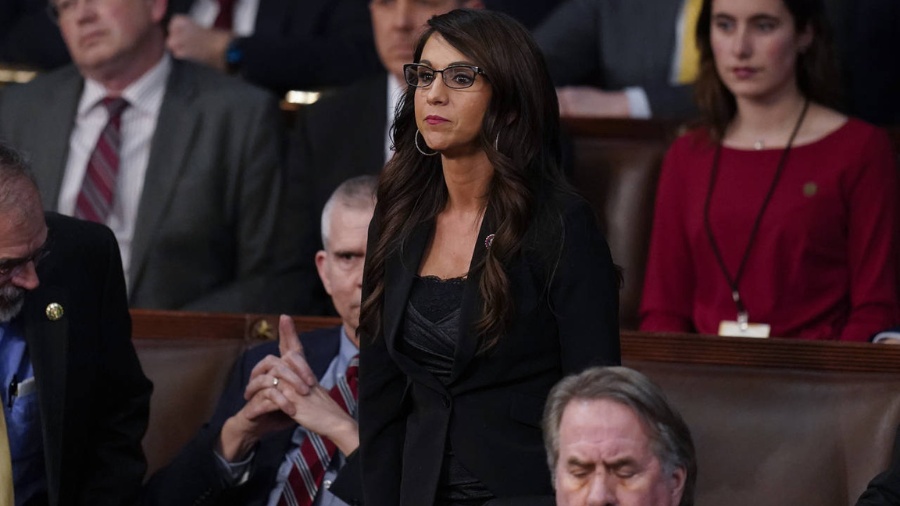Former Washington AG has ‘legitimate questions’ over controversial raid on Mar-a-Lago
Aug 11, 2022, 3:57 PM

U.S. Attorney General Merrick Garland explains to reporters that he will not take questions after he delivered a statement at the U.S. Department of Justice August 11, 2022 in Washington, DC. Garland addressed the FBI's recent search of former President Donald Trump's Mar-a-Lago residence, announcing the Justice Department has filed a motion to unseal the search warrant as well as a property receipt for what was taken. (Photo by Drew Angerer/Getty Images)
(Photo by Drew Angerer/Getty Images)
Attorney General Merrick Garland and the Justice Department filed a motion to unseal the search warrant and property receipt Thursday, Aug. 11, from a raid FBI agents conducted Monday at former President Donald Trump’s Mar-a-Lago home.
“I personally approved the decision to seek a search warrant in this matter,” Garland said during his impromptu press conference.
Trump described the incident as “prosecutorial misconduct” and “the weaponization of the justice system.”
Trump says FBI searched estate in major escalation of probe
“It does raise legitimate questions about the decision to send the FBI to his home for 10 hours when they’d already searched once before and retrieved a bunch of records,” former Washington state Attorney General Rob McKenna said on Seattle’s Morning News. “So one of the key things about the story is something we don’t know. And what we don’t know is what was in the affidavit that was submitted to obtain the search warrant.”
FBI agents seized about a dozen boxes during the raid. A copy of the search warrant indicated agents are investigating possible violations of laws related to the Presidential Records Act and the handling of classified material.
“What they’re suggesting is, when they pulled the boxes of records out earlier this year, in those records, they found some documents that remained classified, that therefore should not have been there,” McKenna said. “It isn’t clear to me if they also found records that were covered by the Presidential Records Act, but it appears they did.”
The Presidential Records Act, established in 1978, changed the legal ownership of the president’s official records from private to public.
In January, the National Archives and Records Administration (NARA) retrieved 15 boxes of White House records that were sent to his residence. NARA stated all of those records should have been sent to the National Archives when Trump left office, as required by the Presidential Records Act.
“If you’re at the Department of Justice, you’re at the FBI, and you’re conducting an investigation, you’re typically not going to reveal a lot of details about your investigation while it’s underway,” McKenna said. “This is not standard operating procedure. If Trump left the White House with records of his presidency, that, under the federal Presidential Records Act, belong in the National Archives, they need to be turned over. He needs to follow the law like anyone else. He seems to have, at a minimum, been pretty careless with how they were handling records.”
Republican representatives have publicly opposed the raid as questions linger about Trump’s presidential candidacy in 2024. Kevin McCarthy, the House minority leader, threatened to investigate the Justice Department if his party wins control of the chamber next year.
Eric Trump said he believed the raid was an attempt to prevent his father from running again in 2024.
“Did it justify an FBI raid? In my view, it’s just bad judgment because it allows Trump to shift the narrative away from why he had all these records to, ‘I’m being persecuted by my successor,'” McKenna said.
Listen to Seattle’s Morning News with Dave Ross and Colleen O’Brien weekday mornings from 5 – 9 a.m. on KIRO Newsradio, 97.3 FM. Subscribe to the podcast here.














